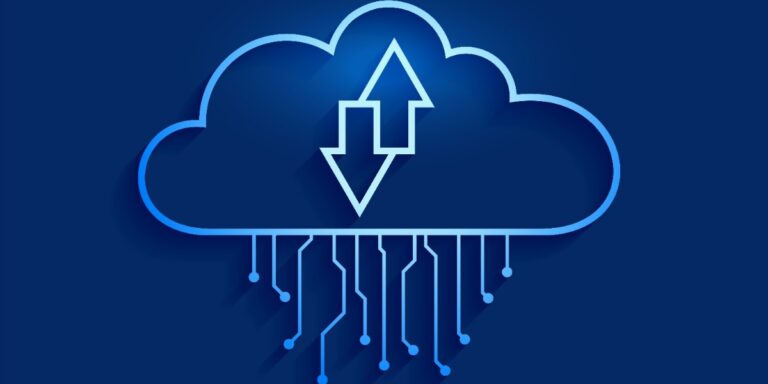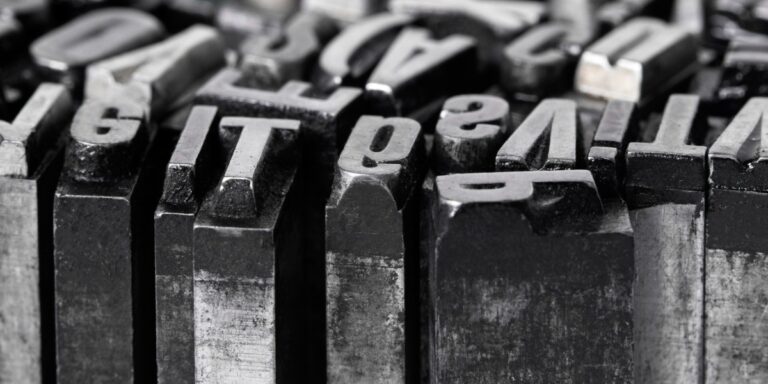An Introduction to Agile Project Management for Biologists: 4 Techniques to Keep Your Research Moving
Learn how Agile project management can improve clarity and structure in your biology research. This guide introduces four practical tools—iteration, time boxing, prioritization, and Kanban boards—with lab-based examples.








































